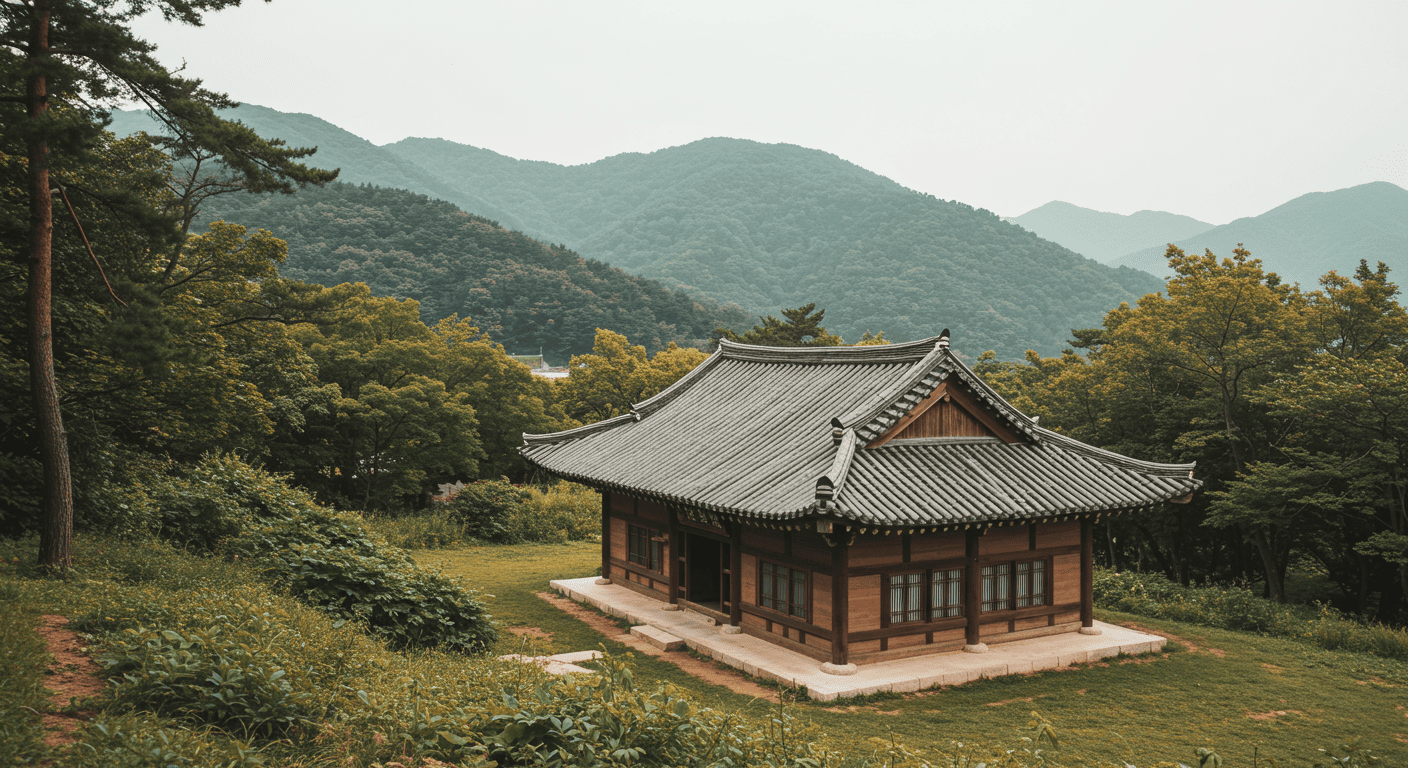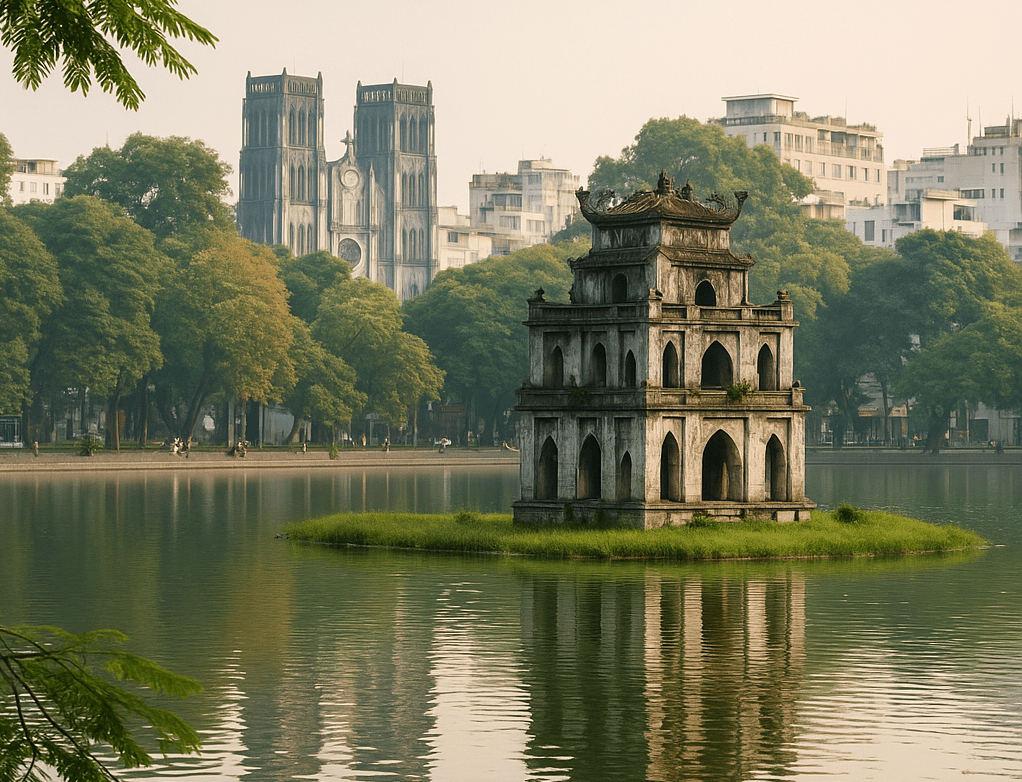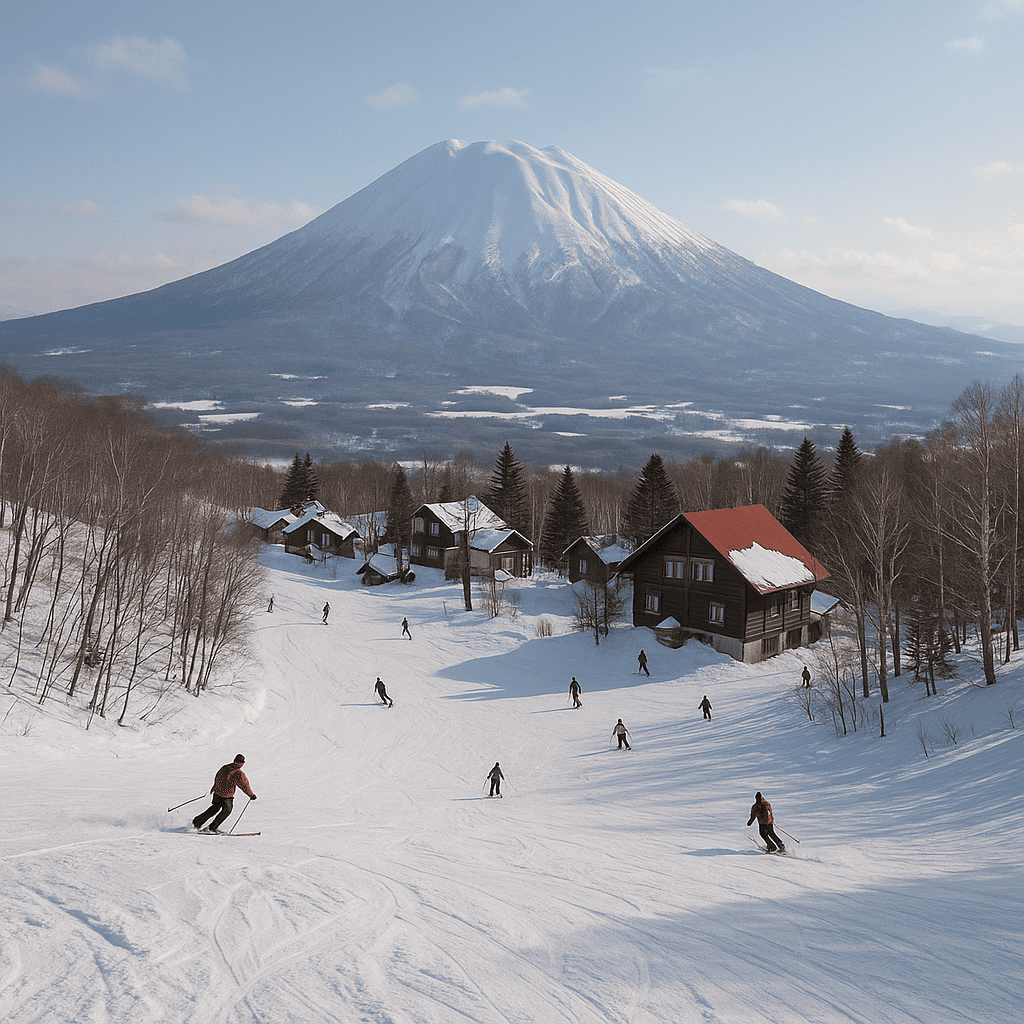
South Korea’s buzzing cities and ultra-modern lifestyle often overshadow the pristine, lush countryside nestled quietly beyond the urban sprawl. But venture just a little deeper into the country’s rural heartlands, and you’ll find a hidden paradise brimming with eco-friendly adventures that will surprise even seasoned travelers. Picture this: dense green forests, tranquil villages carrying centuries-old traditions, and eco-tourism initiatives thoughtfully designed to preserve the natural world. Happily, being sustainable here doesn’t mean sacrificing comfort or fun; in fact, it’s quite the opposite. Whether you’re pedaling through scenic rice fields, foraging wild herbs with friendly local grandmothers, or sleeping in eco-lodges built from natural materials, a unique experience awaits every responsible traveler eager to explore the unexpected. Ready to tread lightly on the planet and actively help local communities at the same time? Let’s hit the road!
1 Pedal-Powered Adventures along the Seomjin River
Leave cars and tour buses behind—South Korea’s idyllic countryside is best explored by bike, and nowhere is this more enjoyable than along the winding Seomjin River. Flowing serenely through Jeolla province, the Seomjin River Bike Path is a cyclist’s paradise, stretching nearly 150 kilometers through scenic landscapes dotted with rice paddies, quaint villages, and lush orchards. Rental shops are readily available at major access points, offering quality bikes suitable even for beginners.
A tip to remember: plan a stop at Hadong County, famous for its organic green tea plantations. Sip freshly harvested and brewed tea overlooking the green terraces, and chat with local farmers who happily share stories and tips on sustainable farming. Be sure to pack snacks, water, and sunscreen, and download offline route maps to navigate effortlessly—even Wi-Fi has its limits out here.
2 Get Your Hands Dirty with Organic Farming in Gangwon Province
Ever wonder what it’s like to be a farmer for a day (or two)? Jeongseon, tucked in Gangwon Province’s mountains, invites visitors to roll up their sleeves and get their hands dirty while learning sustainable agriculture practices first-hand. Numerous eco-farms warmly welcome travelers, offering hands-on experiences like picking fresh vegetables, joining cooking classes, or harvesting medicinal herbs in flourishing gardens.
For a memorable stay, book a rural homestay at Jeongseon Eco-Village. Here, families open their homes to visitors, allowing guests to experience genuine village hospitality. It’s the perfect opportunity to discover delicious Korean home-cooking, swap stories around cozy bonfires, and learn useful gardening skills that can transform your balcony (or backyard) at home. Remember to bring comfortable clothes suitable for gardening, sunscreen, and a hat to enjoy your farm stay comfortably.
3 Sleep Under Natural Rooftops in Eco-Friendly Hanok Villages
Forget cookie-cutter hotel rooms—your stay becomes an eco-adventure of its own when sleeping in traditional hanok houses built entirely of natural materials like wood, clay, and rice straw. These gorgeous eco-friendly buildings have been engineered carefully over generations, maintaining perfect harmony with the surrounding environment. Bukchon may be Seoul’s famous hanok village, but staying deep in rural areas like Jeonju Hanok Village or Andong Hahoe Village offers a more peaceful and meaningful experience.
In Jeonju, immerse in activities such as natural dyeing workshops, tea ceremonies, or eco-friendly cooking classes using organic ingredients grown nearby. Insider’s tip: book accommodations through platforms specializing in eco-tourism to ensure your stay genuinely supports local communities. Sleeping mats can be firm—if you prefer more cushioning support, pack a portable travel mattress or request extra bedding ahead of time to feel right at home.
4 Dive Deeper: Sustainable Seafood Experiences in Namhae Island
Seafood lovers, rejoice—Namhae Island offers a chance not only to savor delicious ocean-to-table dishes but also to support sustainable fishing practices. Eco-conscious seafood restaurants dotting the island source their catches responsibly from nearby waters, guaranteeing freshness and fostering healthy marine ecosystems. Restaurants that partner with local fishing cooperatives proudly display their sustainability certifications, so look out for signs when choosing your feast spot.
Want to dive even deeper? Opt for experiential fishing villages like Mulgeon-ri, where visitors can catch their own sustainable dinner—think oysters, clams, or carefully regulated seasonal fish. Afterward, friendly locals will cook your catches right away, creating memories as rich as the meal itself! Quick tip: wear waterproof shoes and bring a change of clothes; rural fishing experiences prioritize authenticity over dry clothes.
5 Wild Herb Foraging with Grandmothers in Jirisan National Park
There’s no better way to grasp rural South Korea’s cultural and ecological heritage than by hiking through Jirisan National Park accompanied by knowledgeable local elders affectionately called “halmoni” (“grandmothers” in Korean). These sprightly ladies are experts in the region’s rich biodiversity, and hiking together while foraging wild herbs, roots, and medicinal plants offers profound insight into ancestral wisdom and sustainable living techniques.
Tours like “Herbal Hikes with Halmoni” offer chances to explore pristine forests, picking herbs like fragrant mugwort and aromatic wild garlic under keen elderly eyes. Don’t worry if you’re new to foraging—these grandmothers generously share their knowledge, helping travelers appreciate nature’s abundance. Bring sturdy walking shoes, comfortable clothing, a reusable water bottle—and prepare for some lively storytelling and laughter. Bonus: you’ll have newfound herbal wisdom that impresses everyone back home!
Final Thoughts: Embrace the Unseen Beauty of Rural Korea
Exploring the eco-friendly adventures hidden in South Korea’s rural heartlands ultimately rewards travelers with deeper connections to nature, culture, and community. Packed with unexpected activities from wild foraging and cycling to sustainable fishing and farming, the countryside promises unforgettable experiences that are both entertaining and enriching. So step away from the city lights, embark on a journey that, while gentle on the earth, creates vibrant memories that last a lifetime.


